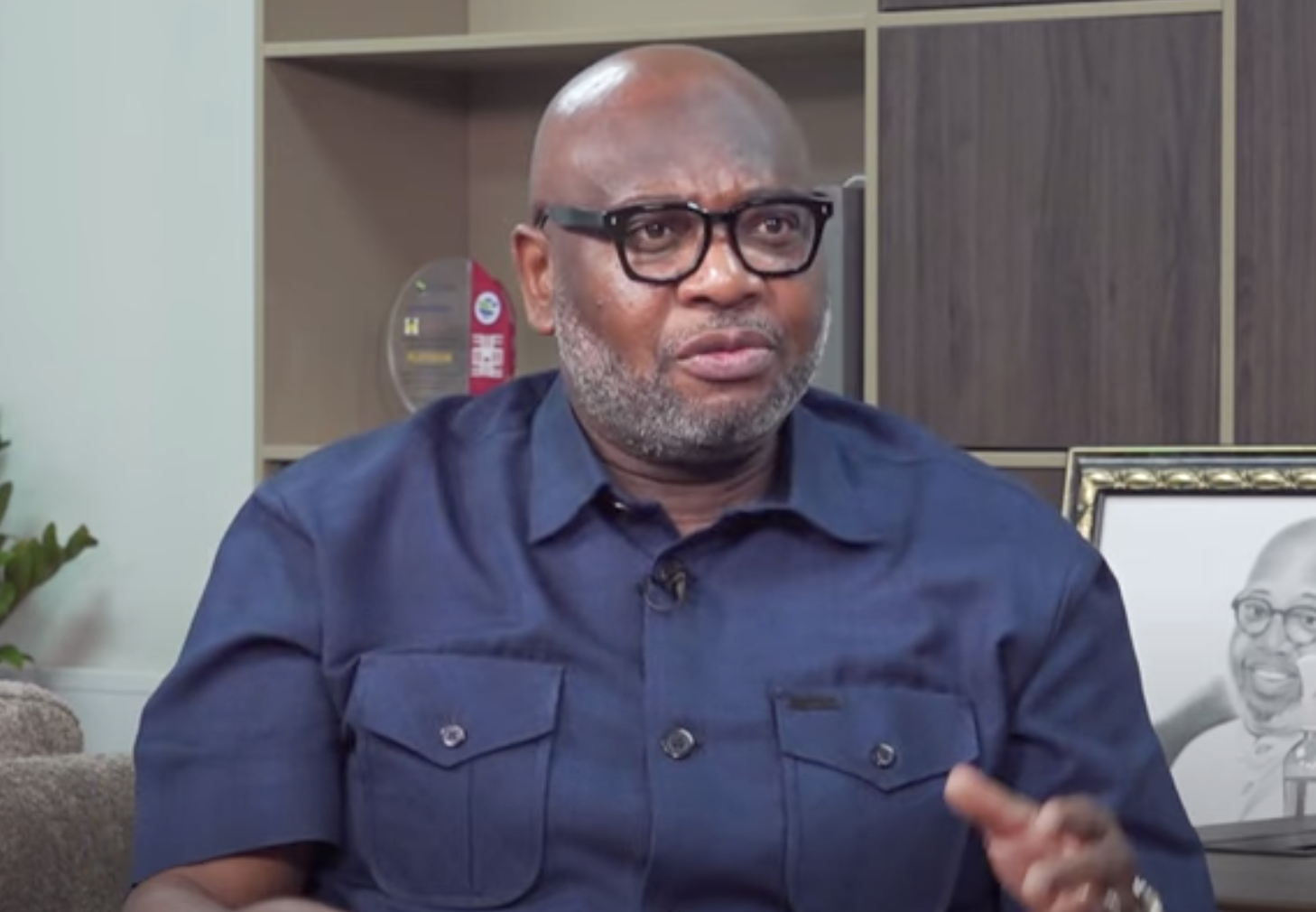Cocobod pleads for 3% of banks’ reserves to rescue local LBCs – Nsemkeka
The Acting CEO of the Ghana Cocoa Board (Cocobod) has revealed that indigenous Licensed Buying Companies (LBCs) face possible extinction unless urgent financing support is provided.
Dr Randy Anerley Abbey disclosed that Cocobod has not secured a syndicated loan for the 2025/26 crop season, and that decision has triggered a financing crisis among local cocoa buyers.
“Something is happening with the LBCs, especially the indigenous ones, which has to do with the fact that we are not doing the syndicated loan. We are not doing 2025/26,” Dr. Abbey told George Wiafe on Joy News’ PM Express Business Edition.
He explained that the absence of the annual cocoa syndicated loan has created a liquidity vacuum, particularly for local companies that traditionally rely on Cocobod’s seed money to buy cocoa beans during the harvest season.
“Under the syndicated loan, Cocobod creates what he calls the seed money. And this seed money is what is given to the LBCs to go and purchase the bean,” he said.
“But 2024/25 low syndicated loans, so no seed fund.”
Dr. Abbey noted that while bypassing the syndicated loan might save Cocobod some financing costs, the decision has had devastating consequences for smaller players.
“Although it is saving Cocobod in terms of the financing cost…if we were to go for a syndicated loan, Cocobod will be looking at maybe GH¢3 billion or GH¢3.5 billion. And because of the nature of our finances, you even have banks asking for 8% to 10% on $1.”
The impact, he warned, is already being felt across the cocoa purchasing chain.
“Now the indigenous LBCs are unable to operate because there’s no seed money.”
In response to the looming crisis, Cocobod has engaged the Bank of Ghana for possible intervention using the Cash Reserve Ratio policy.
“One of the things we’ve done is to engage the central bank, and they asked for a follow-up letter. I’ve done that,” he disclosed.
“What I then told the central bank when we engaged them was that, look, you have the cash reserve ratio where all the banks put 25% of their deposits at the central bank. This is idle, not doing anything.”
He proposed that a small portion of these reserves could be directed to save the indigenous cocoa buyers.
“Can we look at apportioning 2% or 3% of this Cash Reserve Ratio just to support indigenous LBCs?” he asked.
“We can restrict it to cocoa purchases, just to ensure that they also don’t go using it for oil, tin tomatoes, and all those things.”
Dr. Abbey expressed hope that a positive response from the Bank of Ghana could provide lifeline support to the local cocoa buying firms, whose survival is now in question.
“We believe that if there’s a positive response, it will be able to help, especially the indigenous LBCs. Otherwise, if we continue with this financing model, I fear that most of them might go extinct.”
His comments follow Cocobod’s recent shift from syndicated loans to a 60-40 model with cocoa buyers for the 2025/26 season, a change he says compelled him to travel to Europe and North America to engage international buyers directly.

